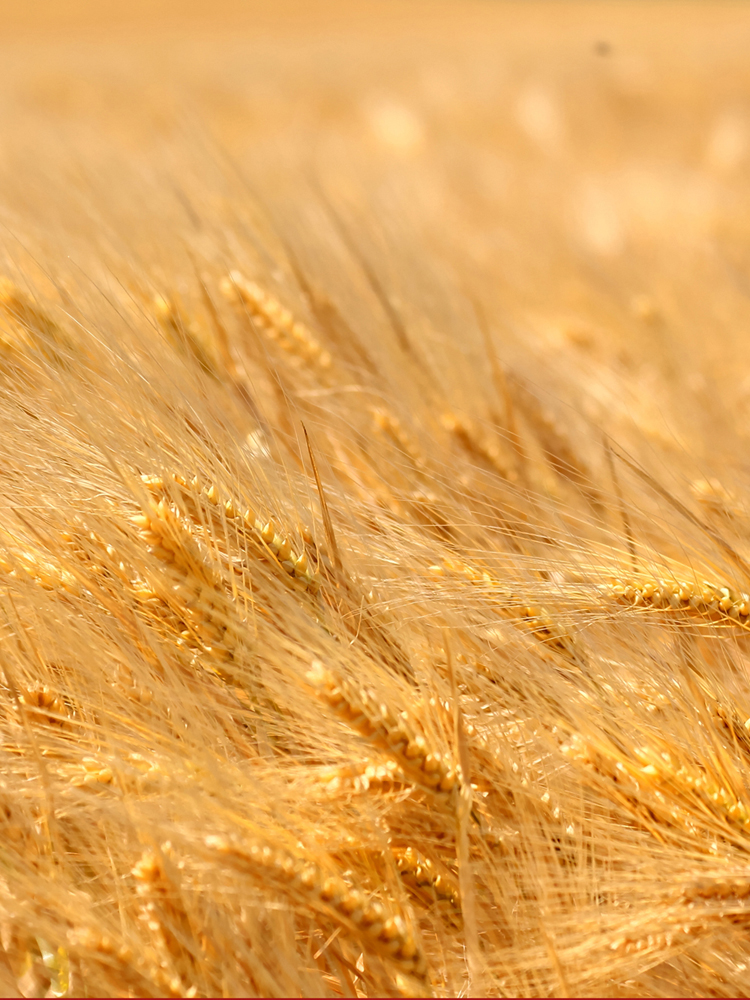When Wheat Belly, by William Davis, M.D., came out in August 2011, it was an instant hit. It became a New York Times bestseller. Praise far outweighed criticism. Especially in the gluten-free community, it enjoyed rave reviews. The book was received essentially as gospel. Why?
In my opinion, there are three main reasons:
- It’s written by an M.D., which adds a patina of credibility to the book’s claims,
- It’s filled with endnotes of citations that reference scientific peer-reviewed publications, and
- Its message—to “lose the wheat, lose the weight, and find your path back to health”—already agrees with the world view of many in the GF community (that wheat and gluten equals bad).
But I’m more than disappointed with Davis and Wheat Belly; I’m downright angry. This book can and should be better. We, the gluten-free community, deserve as much. It does an injustice to the very legitimate case against wheat and gluten, and it is insulting to us, the readers. Sadly, Wheat Belly looks polished from a distance, but upon closer inspection it goes belly up. Sections of the book amount to propaganda, fallacies, and unsubstantiated claims. For me, Wheat Belly is a bust.
Image of wheat field courtesy Stock.Xchng / Oeil De Nuit.

Comments